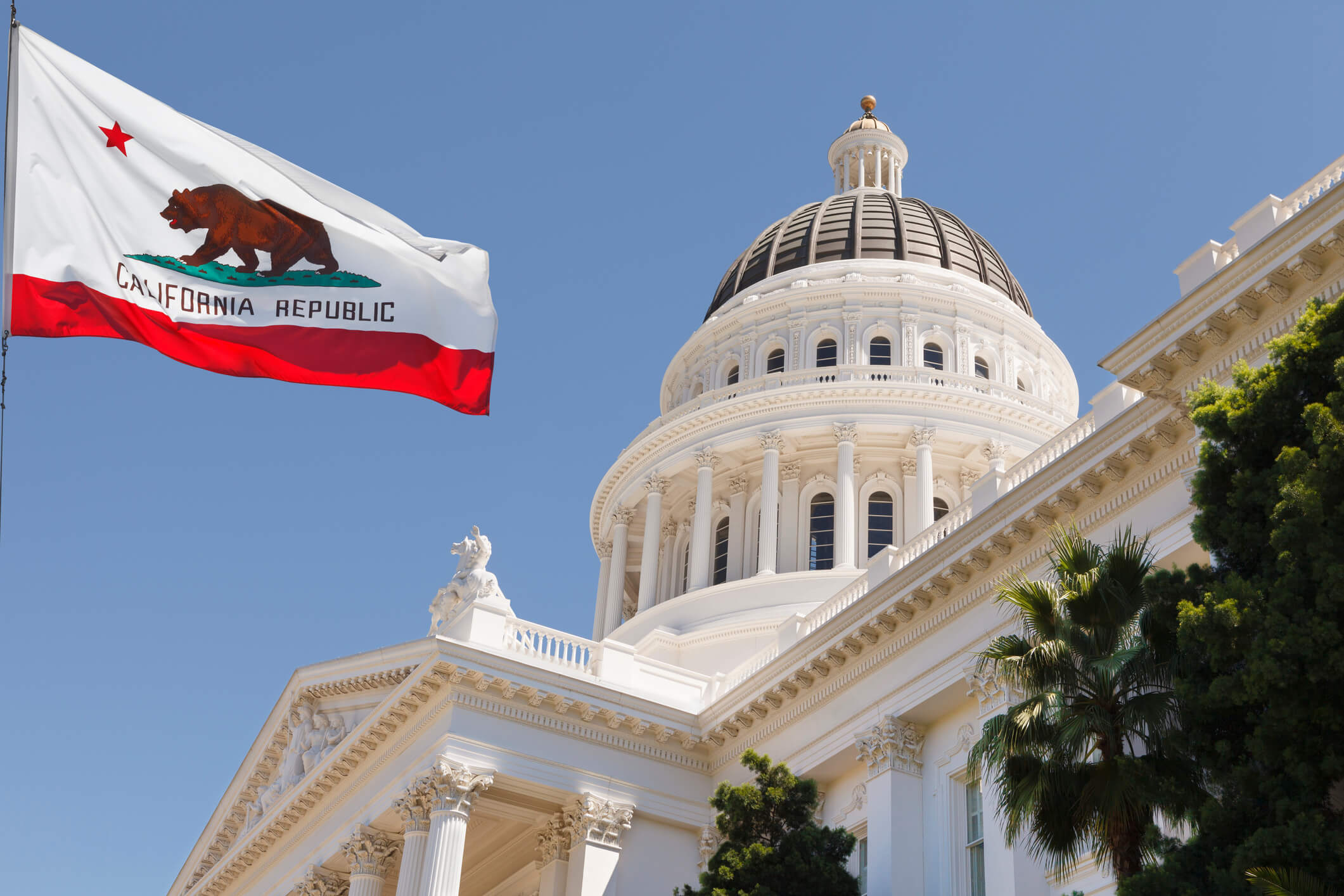Quick Hits
- California’s SB 399 would limit an employer’s ability to communicate with employees regarding political or religious matters during mandatory meetings.
- The bill’s definition of “political matters” includes matters relating to union organizing.
- The act provides employees with a private right of action that includes punitive damages.
If signed by the governor, SB 399 would limit an employer’s ability to communicate with employees regarding political or religious matters during mandatory meetings during working hours. Importantly, the legislation’s definition of “political matters” includes union organizing.
Prohibition against certain “captive audience meetings.” The California Senate Committee on Labor, Public Employment and Retirement defined “captive audience meetings” as “mandatory meetings during work hours, organized by an employer where employees are paid for their time attending the meeting and are required to attend or face discipline.”
The legislation would prohibit employers from “subject[ing], or threaten[ing] to subject, an employee to discharge, discrimination, retaliation, or any other adverse action because the employee declines to attend an employer-sponsored meeting or affirmatively declines to participate in, receive, or listen to any communications with the employer or its agents or representatives, the purpose of which is to communicate the employer’s opinion about religious or political matters.” The act requires that employers pay any employee who works during the meeting but declines to attend it.
“Political matters” includes union-related issues. SB 399’s legislative history and text make clear that the legislature intended to prohibit employers from forcing employees to listen to employer communications during union organizing campaigns. The bill defines “political matters” to include “the decision to join or support any political party or political or labor organization.” (Emphasis added.)
Exemptions. SB 399 identifies entities and/or activities to which it would not apply. The legislation specifically excludes religious institutions or groups that are exempt from Title VII of the Civil Rights Act of 1964 or California prohibitions against employment discrimination. It also would not apply to educational institutions that require students or instructors to attend lectures that include religious and/or political matters as part of coursework.
Additionally, employees would not be permitted to use SB 399 to escape from harassment or inclusiveness training. SB 399 expressly does not apply to “[a]n employer requiring employees to undergo training to comply with the employer’s legal obligations, including obligations under civil rights laws and occupational safety and health laws.” (Emphasis added.)
Agency enforcement. If enacted, SB 399 would authorize the California Labor Commissioner to enforce the law through its already-established citation process.
Penalty. An employer that violates the act would be subject to a $500 penalty per employee per violation.
Civil enforcement. Affected employees would be permitted to bring a civil action in lieu of administrative enforcement. The act would expressly authorize punitive damages.
If the governor signs SB 399, California would join a growing list of states attempting to ban “captive audience” meetings about religious and/or political matters. Other states with similar laws include Connecticut, Illinois (effective January 1, 2025), Maine, Minnesota, New York, Oregon, Vermont, and Washington.
Even if Governor Newsom signs the bill into law, employer groups likely will seek to enjoin the act on the basis that it infringes on employers’ First Amendment right to express their viewpoints about unionization.
Ogletree Deakins will continue to monitor developments and will provide updates on the California and Traditional Labor Relations blogs as additional information becomes available.
Follow and Subscribe






